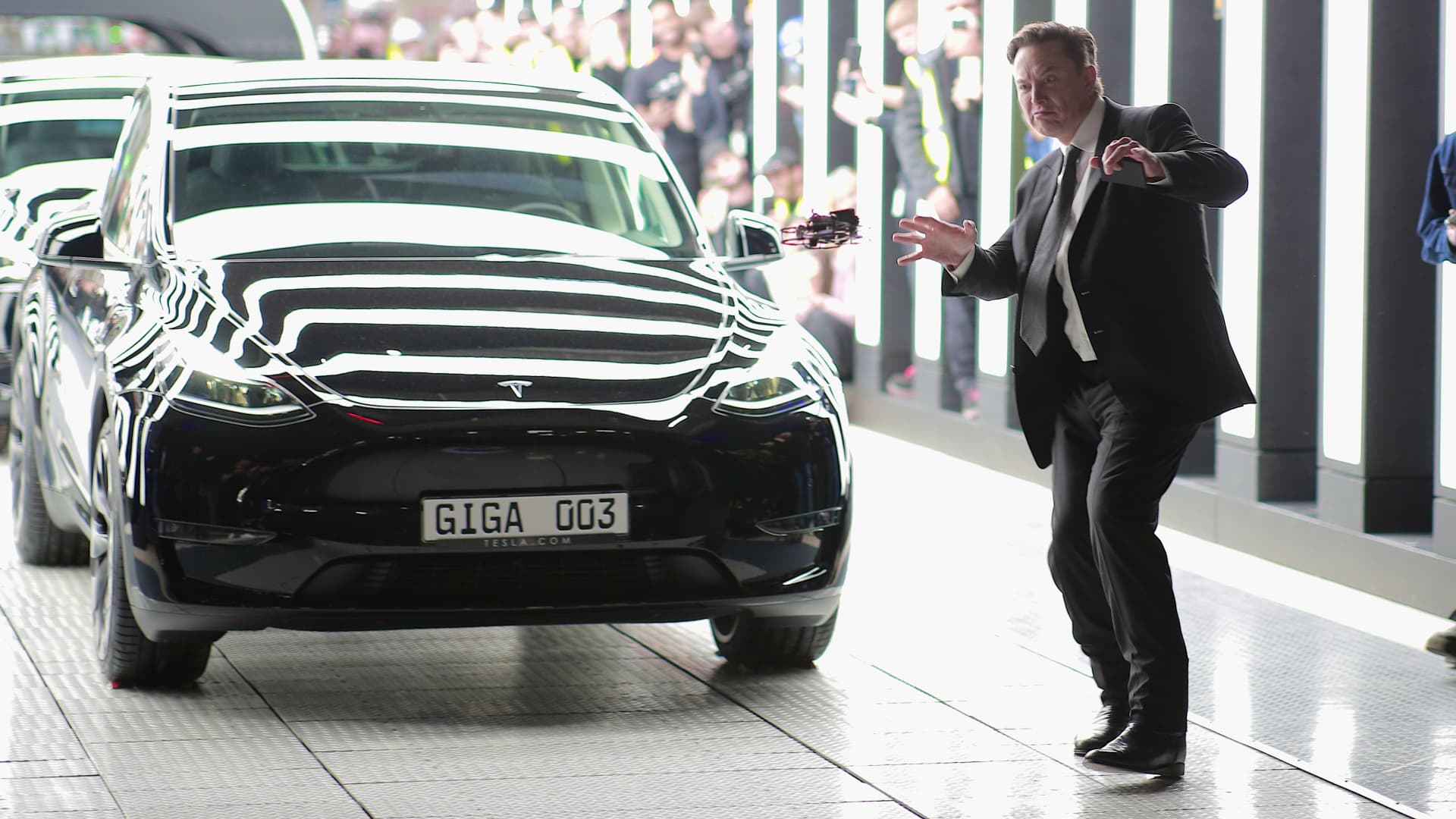AI Revolution: Why Morgan Stanley's Top Analyst Sees Tesla as the Ultimate Manufacturing Disruptor

Tesla is emerging as a powerhouse of innovation, positioning itself as the most comprehensive and forward-thinking company in the development of intelligent machine technologies that are set to revolutionize manufacturing, according to a recent analysis by Morgan Stanley.
The investment firm's insights highlight Tesla's unique approach to creating advanced, AI-driven machines that go beyond traditional automotive manufacturing. By integrating cutting-edge robotics, artificial intelligence, and sophisticated engineering, Tesla is not just building electric vehicles, but reimagining the entire landscape of industrial automation.
Morgan Stanley's assessment underscores Tesla's strategic vision of transforming manufacturing through intelligent machine technologies. The company's ability to develop versatile, adaptive machines suggests a future where manufacturing becomes more efficient, precise, and responsive to complex industrial challenges.
As Tesla continues to push the boundaries of technological innovation, its diverse portfolio of intelligent machines represents a significant leap forward in how industries will operate in the coming years. The company's commitment to pushing technological boundaries is setting new standards for what's possible in modern manufacturing.

